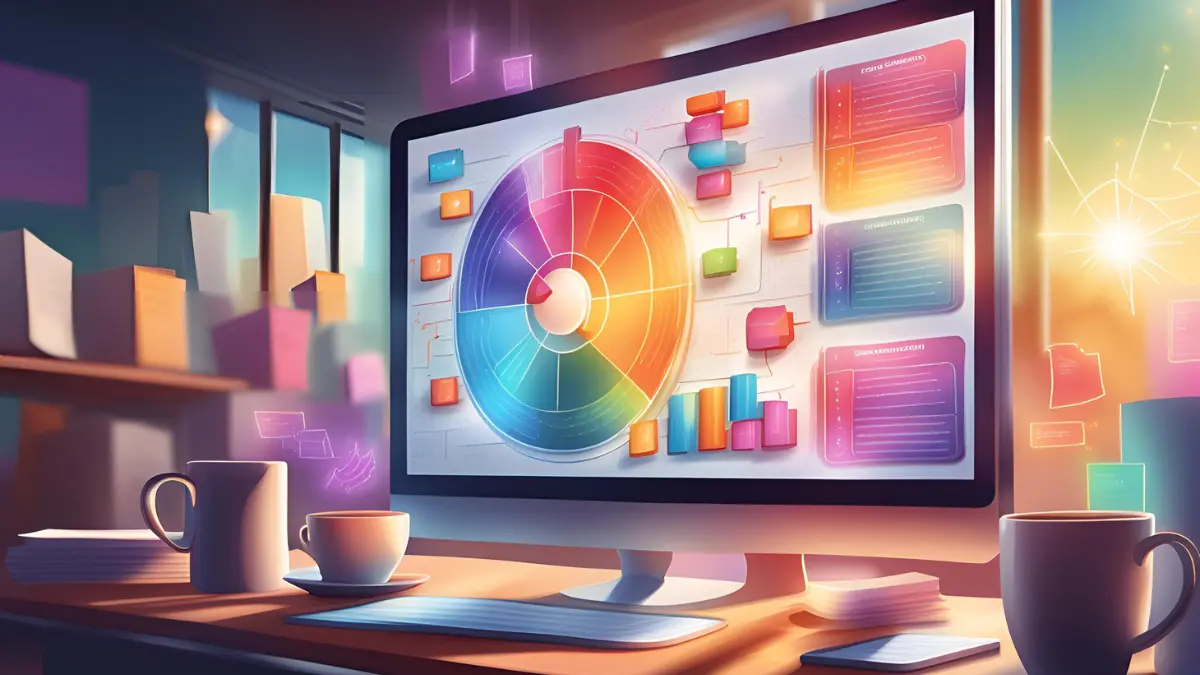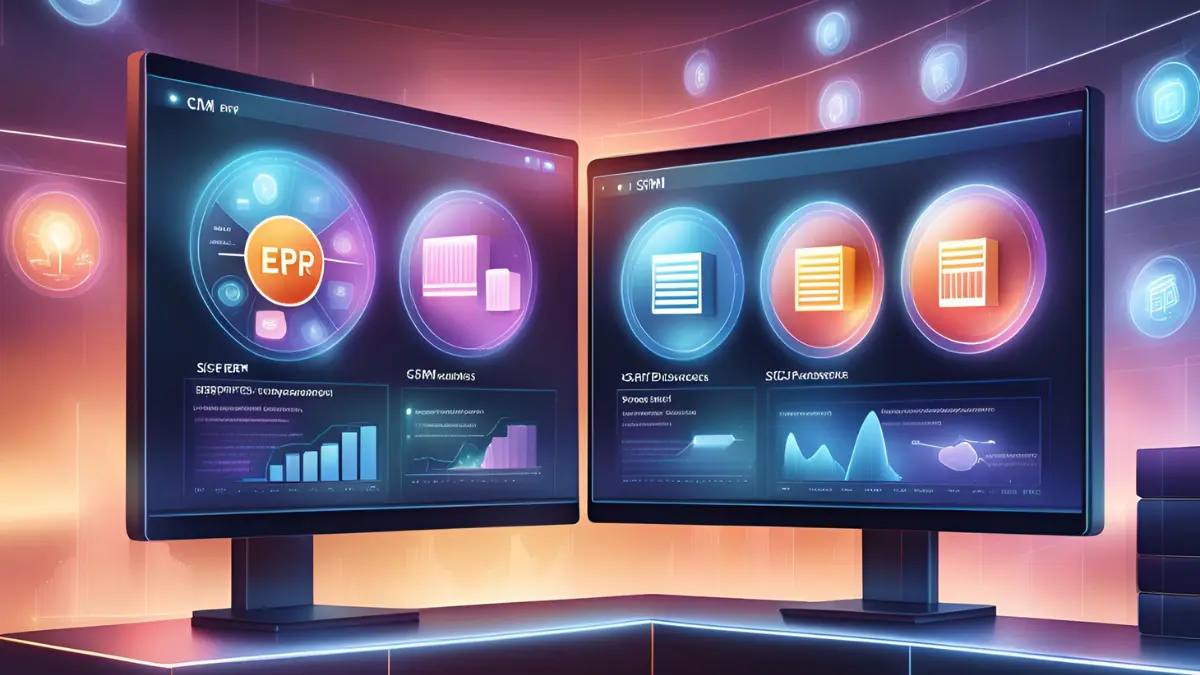In today’s fast-paced business world, I recognise the importance of leveraging both ERP and SCM for enhanced efficiency and growth. Understanding their differences helps me make more intelligent decisions that shape long-term success.
For me, ERP centralizes data across departments, while SCM sharpens the flow of goods and logistics. Together, they improve cost control, customer experiences, and overall business resilience.
By understanding how ERP and SCM work together, I’m equipped to strengthen operations and remain competitive. I recommend trying HashMicro’s free demo to see how these systems can transform your business.
Key Takeaways
|
Defining the Building Blocks: ERP Systems
My ERP system integrates core processes like finance, procurement, and inventory management. It serves as the foundation that streamlines my operations and keeps everything efficient.
With ERP, I benefit from automation that reduces manual work, minimizes errors, and improves productivity. It also helps me serve customers better through faster responses, accurate data, and strong data security.
In Singapore’s competitive market, I see ERP as a strategic tool for achieving operational excellence and growth. Its scalability and customization let me adapt quickly and stay ahead of change.
Exploring SCM Software: The Backbone of Logistics

SCM software is the backbone of my logistics, helping me manage and optimize the entire flow of goods across the supply chain. It connects every step, from suppliers to customers, to ensure smoother operations.
With SCM, I benefit from better collaboration, real-time inventory visibility, and automation of key processes. It reduces delays, lowers costs, and makes order fulfillment and warehouse management more efficient.
For me, the strategic impact of SCM lies in stronger customer satisfaction, cost savings, and a clear competitive edge. By synchronizing my supply chain, I can adapt quickly and stay ahead in the market.
Delineating the Distinctions: Comparative Analysis of ERP and SCM
When I look at managing business processes and optimizing supply chain operations, I see how ERP and SCM each bring unique strengths. My ERP system covers a wide range of processes across the business, while SCM focuses specifically on improving supply chain performance. Understanding these distinctions helps me boost efficiency and gain a competitive edge.
In this section, I want to compare and analyze the unique features of ERP vs SCM. By examining their functions, capabilities, and operational focus, I gain a clearer picture of how each system benefits my business both in Singapore and globally.
To make things easier, I’ve also prepared an infographic that visually highlights the differences between ERP and SCM. This allows me to grasp the contrasts quickly and decide which system best supports my business needs.

How ERP Complements SCM: Integration for Streamlined Operations
Integrating my Enterprise Resource Planning (ERP) with Supply Chain Management (SCM) brings me significant benefits. In fact, I’ve seen how businesses in Singapore, including my own, streamline operations through this powerful integration.
For example, when I integrated ERP with SCM in my e-commerce operations, I was able to automate order fulfillment, speed up processing, and improve inventory management. This helped me cut costs, boost customer satisfaction, and achieve greater efficiency.
In manufacturing and distribution, linking ERP with SCM gave me better visibility and control over inventory. I reduced stockouts, minimized excess stock, improved demand forecasting, and shortened lead times—leading to a stronger supply chain overall.
The benefits of ERP and SCM integration are relevant for businesses of any size or industry. By choosing the right system for my needs, I can streamline operations, improve efficiency, and secure a competitive edge in today’s fast-changing market.
Conclusion
By implementing the best ERP software, I save costs through automation, make better decisions with accurate data, and improve customer experiences with faster responses and smoother order management. I also gain peace of mind knowing my sensitive information is protected with strong data security.
For me, ERP is vital to stay efficient and competitive, especially in Singapore’s fast-moving market. That’s why I trust the HashMicro ERP system—it combines powerful functionality with customization. I encourage you to try the free demo and see how it can transform your operations.
































